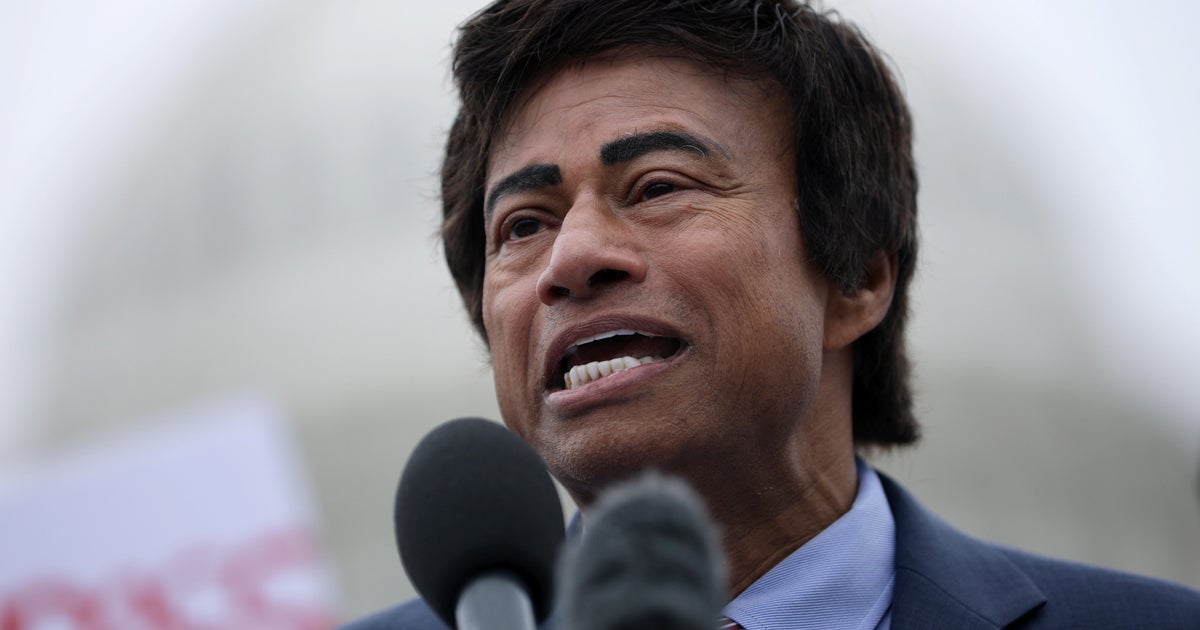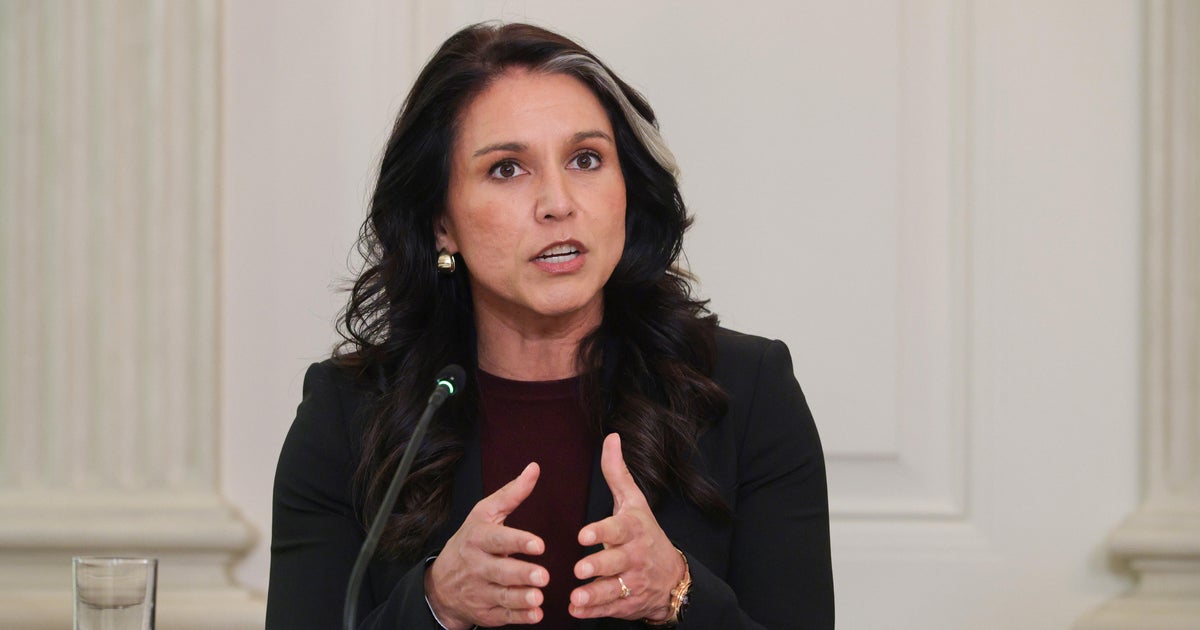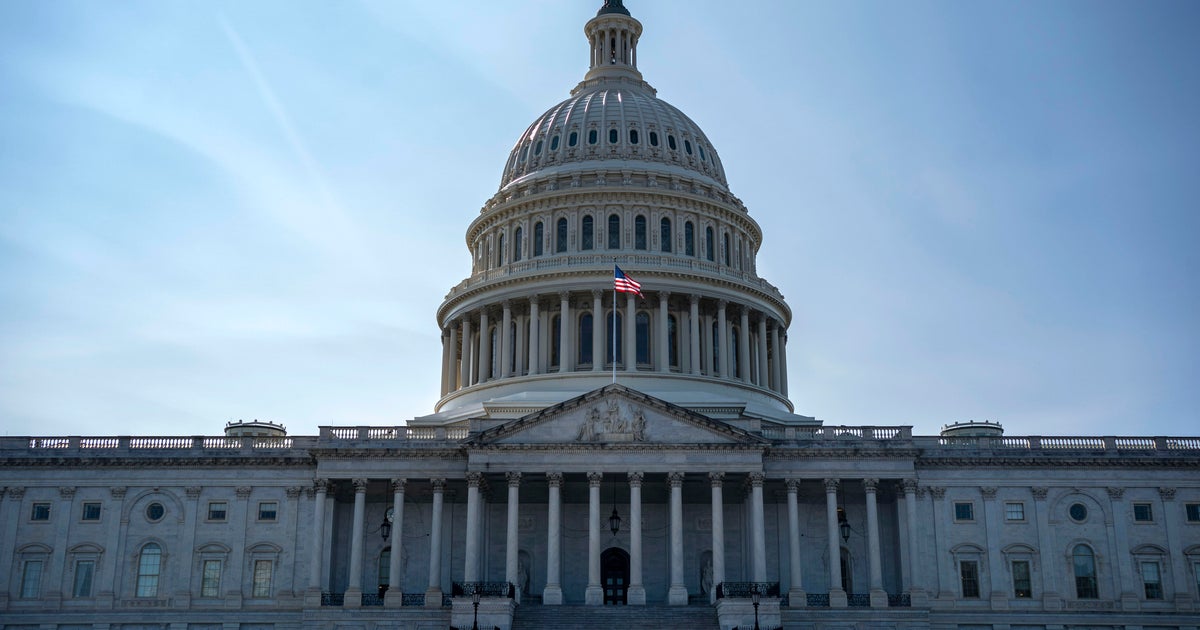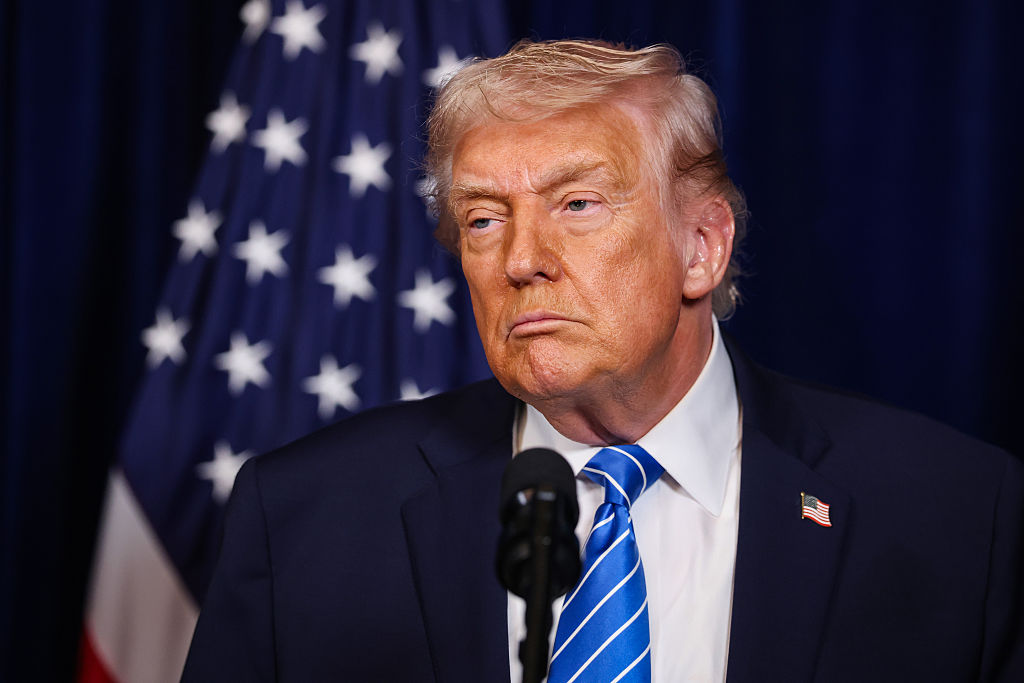More congressional Democrats call for impeachment inquiry
A rising number of Democratic lawmakers have begun to call for an impeachment inquiry -- a sign of increasing frustration with their inability to obtain interviews with and information from Trump administration officials following the release of the special counsel's report.
On Monday, the Office of Legal Counsel released an opinion stating that Congress could not force former White House counsel Don McGahn to testify, overriding a subpoena by the House Judiciary Committee. This follows White House's recent invocation of executive privilege to stop Attorney General Barr from releasing the entire Mueller report on Russia's election interference and on obstruction.
In letters denying congressional requests, White House lawyers argued that the Democrats' investigations lack legislative purpose. They did so just this week, when the administration blocked McGahn from testifying. He had been subpoenaed by the House Judiciary Committee to appear Tuesday.
Some House Democrats wonder if an impeachment inquiry might improve their case -- Reps. Pramila Jayapal and Veronica Escobar tweeted in support of initiating an inquiry as another avenue to access the information and witnesses they seek.
"We are now at the point where we must begin an impeachment inquiry. I don't say that lightly. We've taken every step we can w/subpoenas and witnesses. Trump obstructs everything. A president who thinks he's king, accountable to nobody & above the law is absolutely unacceptable," wrote Jayapal.
"I personally feel like we cannot tolerate this level of obstruction, that if we do, then we have lowered the bar to the point where any criminal can be president of the United States and that should be unacceptable to all of us. I believe we need to begin an impeachment inquiry," agreed Escobar.
Pennsylvania Rep. Mary Gay Scanlon, who sits on the House Judiciary Committee, also tweeted her support to launch an inquiry.
"No one is above the law," she wrote. "Having the courage to think about the long-term consequences of this administration, including the foundation of our republic, should not be partisan. It is the courage that we as Americans must have, together."
Freshman Congresswoman Alexandria Ocasio-Cortez, who already supported impeachment, said the decision not to impeach could be construed as "politicized."
"It is just as politicized a maneuver to not impeach in the face of overwhelming evidence as it is to impeach w/o cause. Congress swore an oath to uphold the Constitution. That includes impeachment," she wrote.
While some Democrats oppose impeachment proceedings, many appear to agree that an inquiry would give them a better argument in seeking documents and interviews from the Trump administration.
How would an inquiry work?
Democrats have stopped short of supporting a vote to impeach Mr. Trump -- for now, their discussion is largely limited to filing an inquiry or investigation to further explore possible claims of wrongdoing. An inquiry is the first step in the process of an impeachment vote in the House.
House members may make impeachment resolutions, which would then be turned over to the House Judiciary Committee. The committee decides whether the resolution and its allegations of wrongdoing by the president merit a referral to the full House for a vote to launch a formal impeachment inquiry.
Then, the House would vote for or against the inquiry. If a majority of members vote to proceed, the House Judiciary Committee would conduct an investigation to determine if there is enough evidence to warrant articles of impeachment against the president.
CBS News' Rebecca Kaplan reports there's acknowledgment -- even from House Speaker Nancy Pelosi -- that formally opening an impeachment inquiry could strengthen Democrats' argument in their court fight with the president because it would enable Democrats to declare that they have a legitimate and specific legislative purpose, rather than broad oversight.
"One of the purposes the constitution spells out for investigations is impeachment," Pelosi told reporters last week. "So you can say...we need this information to carry out our oversight responsibilities and among them is impeachment. It doesn't mean you are going on an impeachment path, but it means if you had the information, you might."
"I isn't about impeachment; it's about impeachment as a purpose, a constitutional purpose and justifying constitutionally and court-wise a path," she added.
GOP tangles with impeachment threats
There is also one House Republican who doesn't think impeaching President Trump should be ruled out. Rep. Justin Amash of Michigan became the first GOP lawmaker to say President Trump had "engaged in impeachable conduct."
In a series of tweets on Saturday, Amash wrote he had read the full Mueller report and had concluded the president's conduct met the "threshold for impeachment." Tuesday morning, Amash was telling students visiting the Capitol that impeachment proceedings should begin, CBS News' Bo Erickson noted.
Amash's comments were rejected by Republican leadership, including Minority Whip Steve Scalise, who called his assessment "dead wrong."
"I think if you look at the Mueller report, it was very clear there was no collusion and no corruption. And how somebody can read it and find something different, I think maybe they were just looking for something that is not there. He is wrong about it. And his reading is just way off base," Scalise added.
House Minority Leader Kevin McCarthy said that Amash's outlook was just "one person with one opinion" and slammed his comments as being "out of step with this conference" and "out of step with America."
Across the aisle, House Speaker Pelosi told reporters that Amash's tweet "speaks volumes about the absence of any sound from the Republicans on the unethical behavior of the Trump administration."
According to a Democratic aide, Pelosi has called a meeting for Wednesday morning to provide the caucus with an update on oversight and investigations.
Kimberly Brown and Rebecca Kaplan contributed to this report





